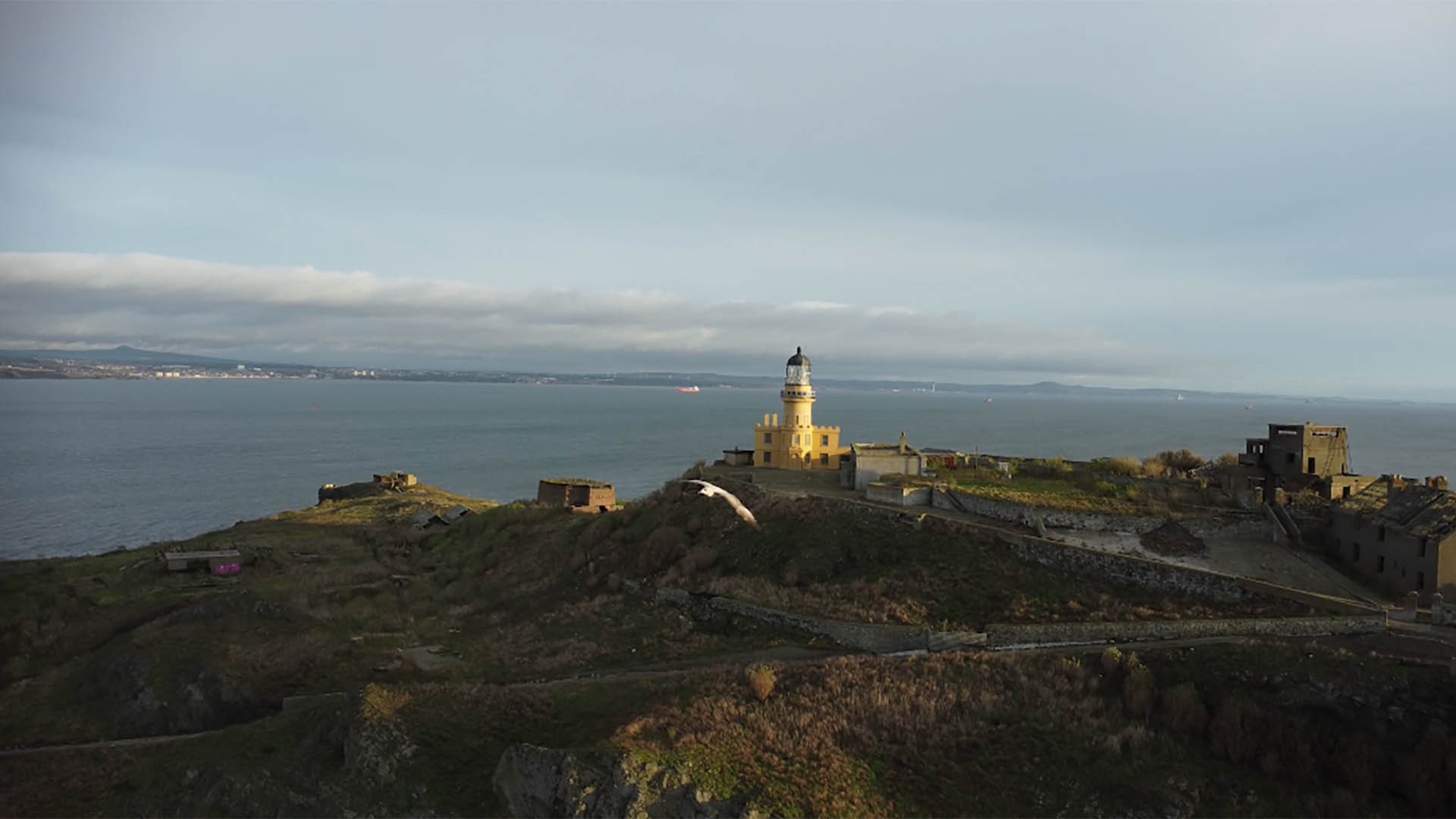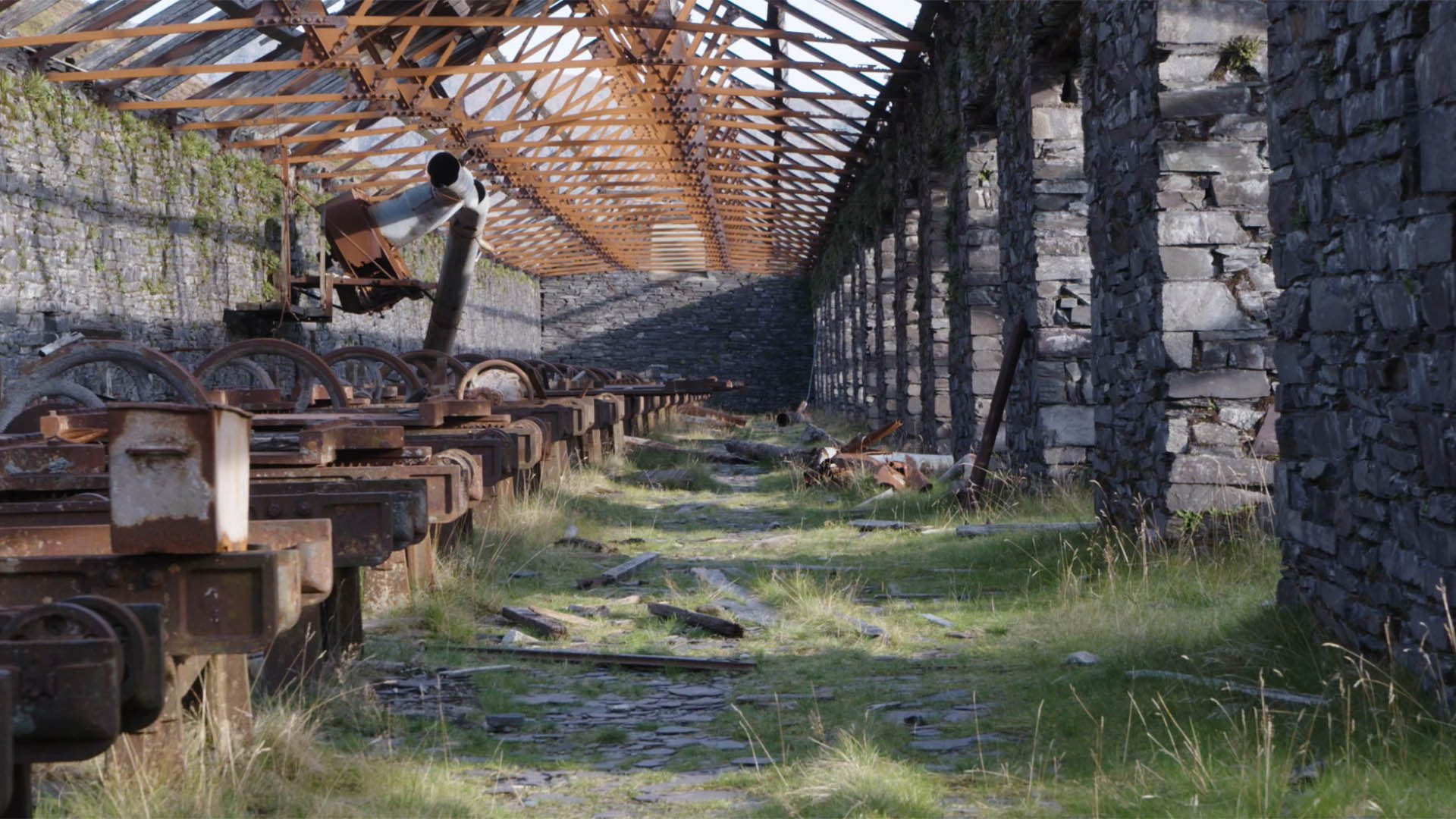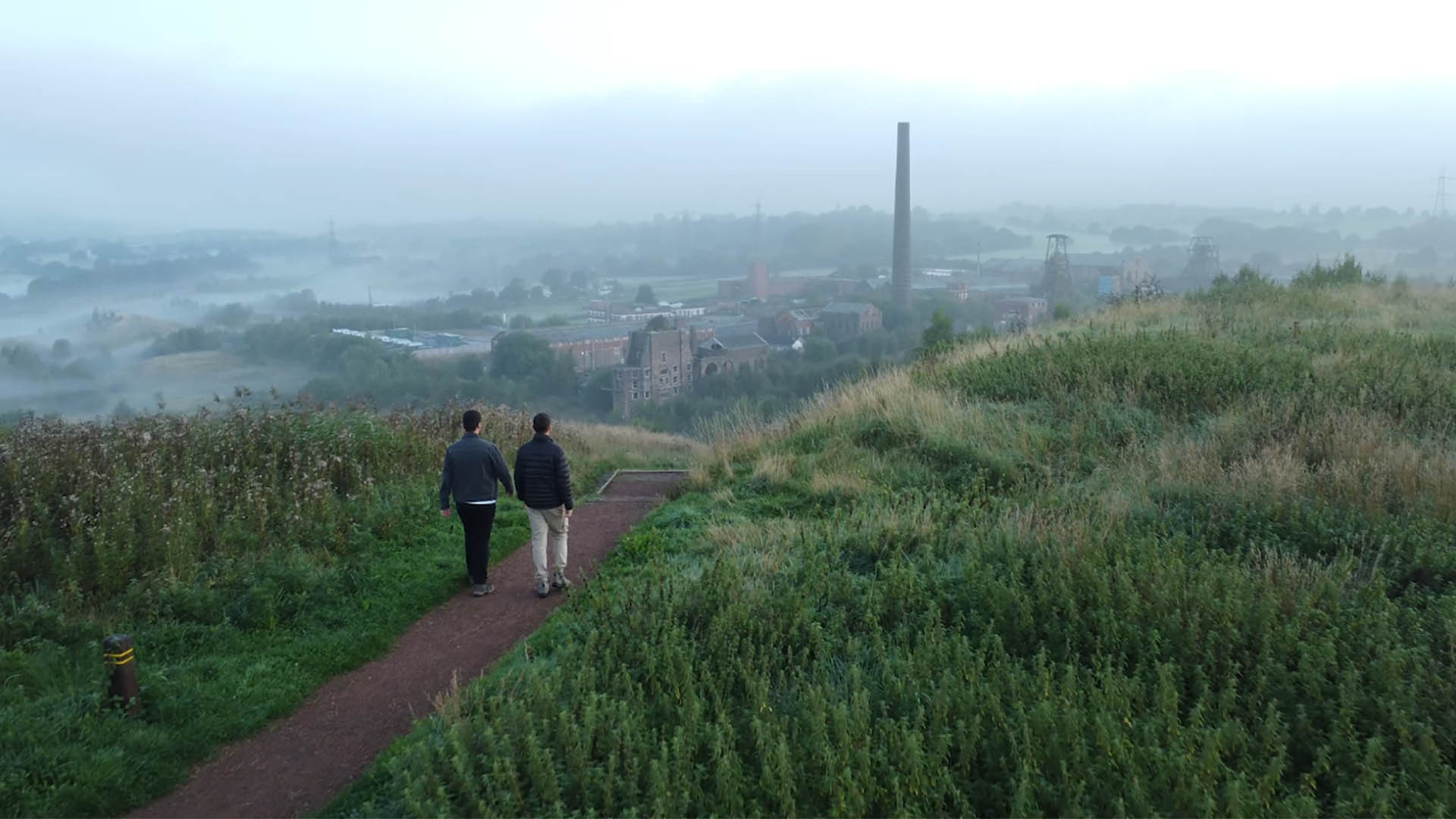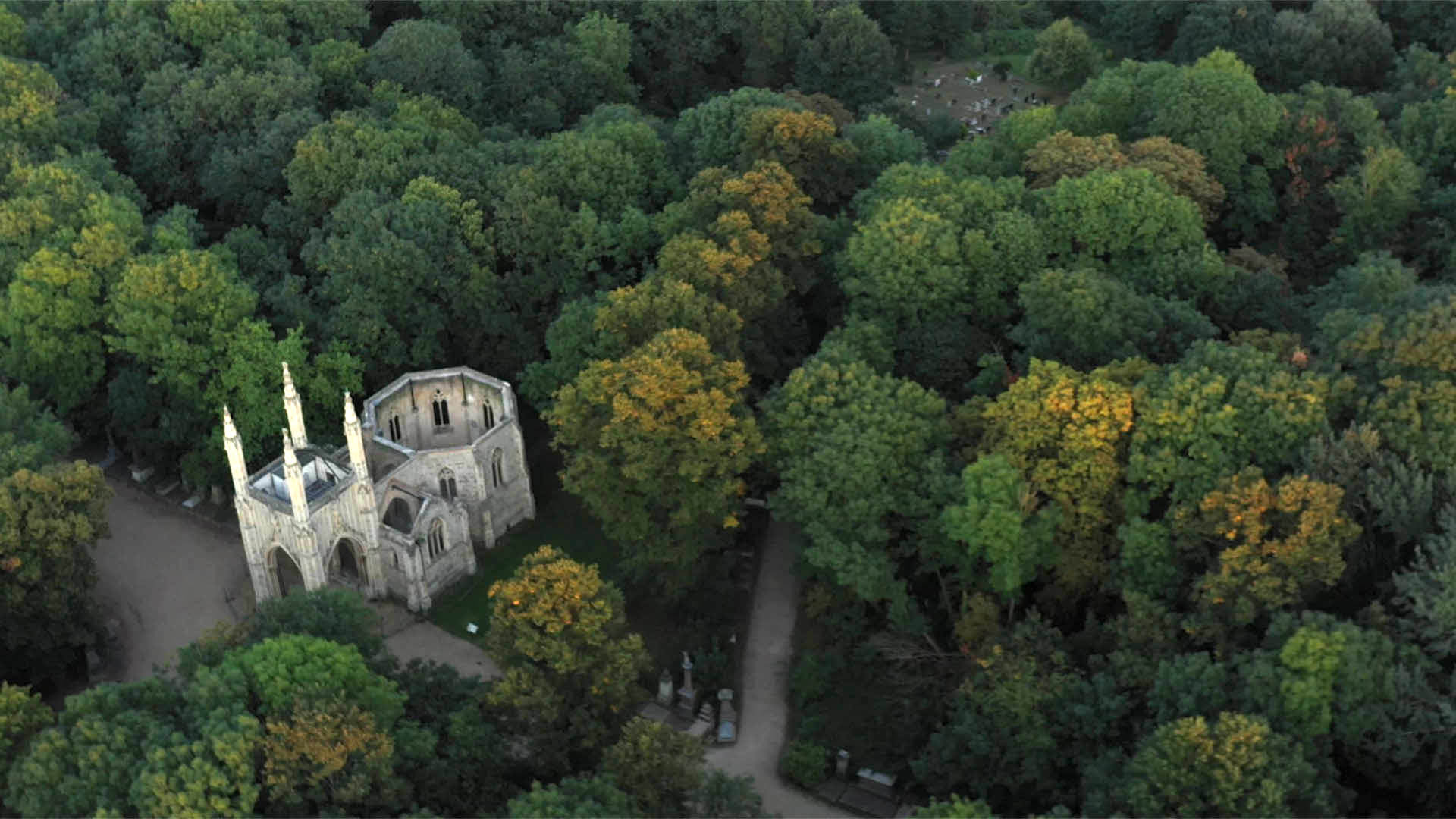BBC Earth newsletter
BBC Earth delivered direct to your inbox
Sign up to receive news, updates and exclusives from BBC Earth and related content from BBC Studios by email.
Step inside four extraordinary forgotten locations across the UK.
We follow wildlife filmmaker Dan O’Neill and zoologist Yussef Rafik as they discover what happens when abandoned places – from a former slate quarry to a disused coal mine – turn wild. These places were once busy sites. But over the years, their doors have closed, and nature has been allowed to run riot. Dan and Yussef are on a mission to uncover the wildlife secrets hidden inside. It’s a fascinating story of how nature is reclaiming and transforming the broken soil we leave behind.
This island off the Scottish coast, just a short distance from Edinburgh, was an important strategic location for military defences for over 500 years. While its buildings might be empty and derelict, the wildlife has bloomed. Dan and Yussef watch young seal pups on the beach, spot seabirds including the eider duck, and brave a walk in an old Victorian tunnel, now home to European cave spiders.
Click here to find out more about how Inchkeith is being reclaimed by nature.

We made the buildings on this island for war, but the animals are putting them to a different use.”
Dan and Yussef visit this former slate quarry in Wales. Once one of the biggest producers of slate in the world, Dinorwic closed its doors in 1969 and nature has slowly been reclaiming the land ever since. Dan and Yussef search for the fastest animal in the world, the peregrine falcon. They spot rare wild mountain goats. And they walk around buildings that, once a hive of industry, are now a place of peace and tranquillity.
Click here to watch Dan and Yussef find out how nature has transformed man-made scars on the landscape into a place of beauty.

For decades, nature has been slowly reclaiming this quarry and what was once a grey barren wasteland is now showing signs of life.”
Today it looks more like a set from an apocalyptic film, but at its peak Chatterley Whitfield was a busy coal mine employing more than 4,000 people every day. In the 45 years since it closed, wildlife has taken hold. Dan waits patiently to see if the tiny owl he thought he saw is a rare ‘little owl’. Yussef finds plants including buddleia and sunflowers that have sprung up in the most unlikely places. And hidden cameras capture footage of the rabbits, foxes and badgers that roam these empty buildings at night.
Click here to see Dan and Yussef explore this industrial ghost town.

You’d never think an abandoned building could have so much wildlife inside.”
Dan and Yussef explore the atmospheric grounds of Nunhead Cemetery, one of the seven great cemeteries in London established by the Victorians. With no more space for burials, it was closed after the Second World War and soon became neglected. Now gravestones lie hidden in the middle of woodland and hundreds of species live alongside the dead. Dan spots bright green ring-necked parakeets, the non-native bird that’s made London its home. Yussef finds a spooky looking fungus called dead man’s fingers, and the pair sample blackberries growing among the graves.
Click here to discover this secret wild corner of London hidden in plain sight.

A forest that feels like paradise… but it wasn’t meant to be a place for the living to enjoy.”
Discover more about how nature is transforming the broken places we leave behind. Watch all episodes of After We’ve Gone here on BBC Earth's You Tube channel.